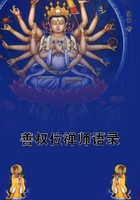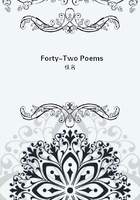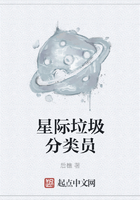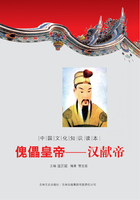1. What it is we call the law of nature, is not agreed upon, by those that have hitherto written. For the most part, such writers as have occasion to affirm, that anything is against the law of nature, do allege no more than this, that it is against the consent of all nations, or the wisest and most civil nations.
But it is not agreed upon, who shall judge which nations are the wisest. Others make that against the law of nature, which is contrary to the consent of all mankind; which definition cannot be allowed, because then no man could offend against the law of nature; for the nature of every man is contained under the nature of mankind. But forasmuch as all men, carried away by the violence of their passion, and by evil customs, do those things which are commonly said to be against the law of nature; it is not the consent of passion, or consent in some error gotten by custom, that makes the law of nature. Reason is no less of the nature of man than passion, and is the same in all men, because all men agree in the will to be directed and governed in the way to that which they desire to attain, namely their own good, which is the work of reason. There can therefore be no other law of nature than reason, nor no other precepts of NATURAL LAW, than those which declare unto us the ways of peace, where the same may be obtained, and of defence where it may not.
2. One precept of the law of nature therefore is this, that every man divest himself of the right he hath to all things by nature. For when divers men have right not only to all things else, but to one another's persons, if they use the same, there ariseth thereby invasion on the one part, and resistance on the other, which is war; and therefore contrary to the law of nature, the sun whereof consisteth in making peace.
3. When a man divesteth and putteth from himself his right, he either simply relinquisheth it, or transferreth the same to another man. To RELINQUISH it, is by sufficient signs to declare, that it is his will no more to do that action, which of right he might have done before. To TRANSFER right to another, is by sufficient signs to declare to that other accepting thereof, that it is his will not to resist, or hinder him, according to that right he had thereto before he transferred it. For seeing that by nature every man hath right to every thing, it is impossible for a man to transfer unto another any right that he had not before.
And therefore all that a man doth in transferring of right, is no more but a declaring of the will, to suffer him, to whom he hath so transferred his right, to make benefit of the same, without molestation. As for example, when a man giveth his land or goods to another, he taketh from himself the right to enter into, and make use of the said land or goods, or otherwise to hinder him of the use of what he hath given.
4. In transferring of right, two things therefore are required: one on the part of him that transferreth; which is, a sufficient signification of his will therein: the other, on the part of him to whom it is transferred; which is, a sufficient signification of his acceptation thereof. Either of these failing, the right remaineth where it was; nor is it to be supposed, that he which giveth his right to one that accepteth it not, doth thereby simply relinquish it, and transfer it to whomsoever will receive it; inasmuch as the cause of the transferring the same to one, rather than to another, is in that one, rather than in the rest.
5. When there appear no other signs that a man hath relinquished, or transferred his right, but only words; it behoveth that the same be done in words, that signify the present time, or the time past, and not only the time to come. For he that saith of the time to come, as for example, to-morrow: I will give, declareth evidently, that he hath not yet given. The right therefore remaineth in him to-day, and so continues till he have given actually. But he that saith: I give, presently, or have given to another any thing, to have and enjoy the same to-morrow, or any other time future, hath now actually transferred the said right, which otherwise he should have had at the time that the other is to enjoy it.
6. But because words alone are not a sufficient declaration of the mind, as hath been shewn chap. XIII, sect. 8 words spoken de futuro, when the will of him that speaketh them may be gathered by other signs, may be taken very often as if they were meant de praesenti. For when it appeareth that he that giveth would have his word so understood, by him to whom he giveth, as if he did actually transfer his right, then he must needs be understood to will all that is necessary to the same.
7. When a man transferreth any right of his to another, without consideration of reciprocal benefit, past, present, or to come; this is called FREE GIFT. And in free gift no other words can be binding, but those which are de praesenti, or de praeterito: for being de futuro only, they transfer nothing, nor can they be understood, as if they proceeded from the will of the giver; because being a free gift, it carrieth with it no obligation greater than that which is enforced by the words. For he that promiseth to give, without any other consideration but his own affection, so long as he hath not given, deliberateth still, according as the causes of his affections continue or diminish; and he that deliberateth hath not yet willed, because the will is the last act of his deliberation. He that promiseth therefore, is not thereby a donor, but doson; which name was given to that Antiochus, that promised often, but seldom gave.















